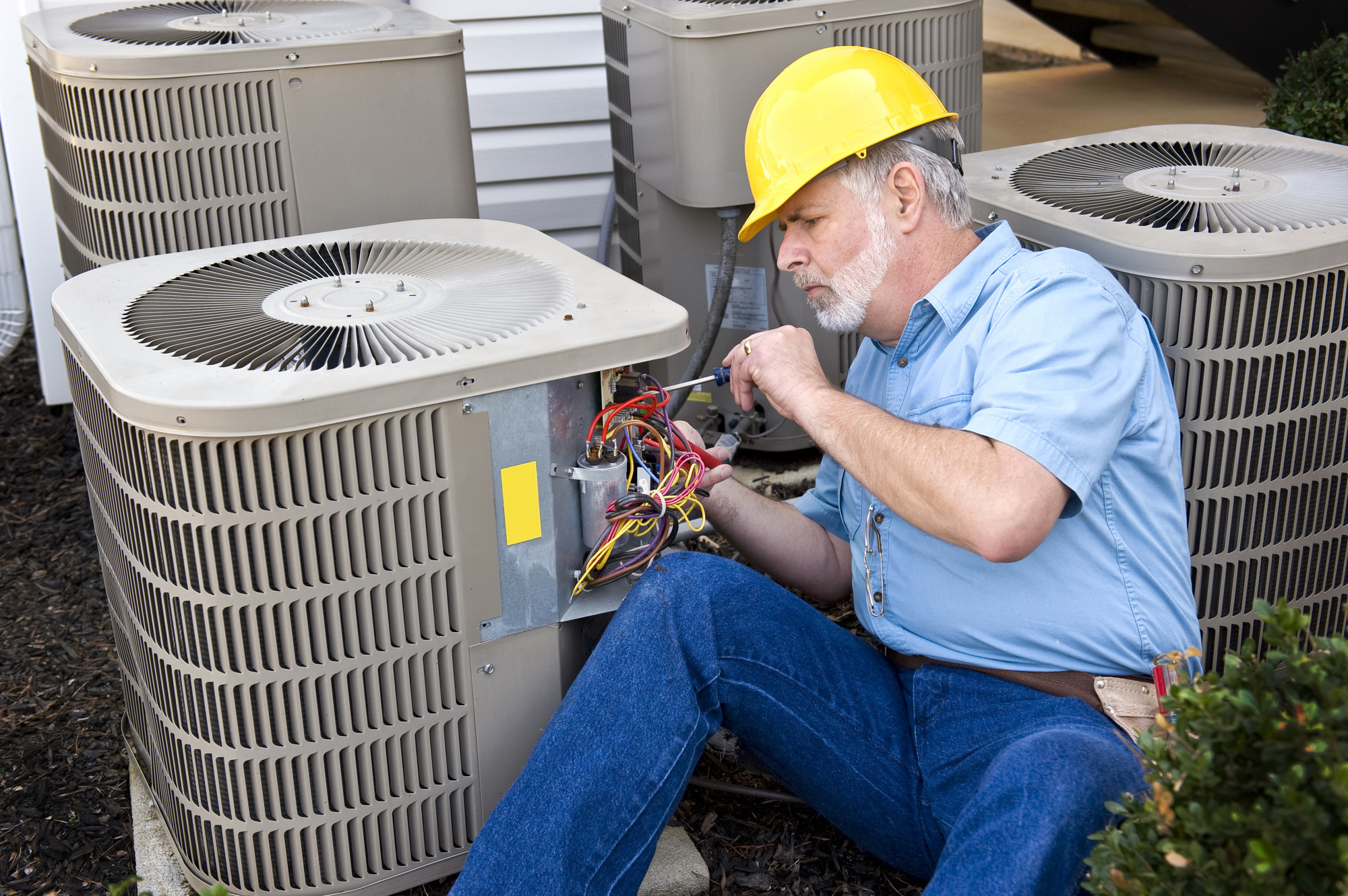A functioning HVAC unit is essential to having a comfortable home, especially if you live in an area with harsh and scorching summers. However, HVAC units may malfunction and become faulty as they age. A defective HVAC system could be pretty uncomfortable, especially in the middle of summer.
When the temperatures start rising, you need to ensure that your air conditioning runs efficiently to keep your home cool and comfortable all summer. However, how will you know if you need HVAC system repair? Check out for the following signs:
1. Your AC Is Blowing Warm Air
Have you noticed that your AC unit is blowing warm air instead of cold air? This could be an indication that you need home HVAC repair services. However, before you call a technician, ensure that you check whether your thermostat is set to chilling mode.
If it’s not, then the problem could be originating from the thermostat’s settings. Ensure you set it to a temperature that’s lower than the current temperature in your house. However, if you notice that the vents are still blowing hot air, the problem could be originating from your HVAC unit.
This may be a result of two issues; a compressor problem or restricted airflow. Call a reputable contractor such as Larsen HVAC to help you diagnose the underlying problem. It’s advisable not to fix the HVAC unit on your own, especially if you don’t have experience in HVAC unit repairs.
2. There Is Insufficient Airflow
Insufficient and inadequate airflow is another sign that your air conditioner isn’t working effectively. It could also indicate a blockage in the ductwork, preventing cool air from passing through. This may result from a severe issue such as a damaged motor or a blocked air filter.
Have you noticed that insufficient or inadequate airflow has become a recurring issue in your house? Then, it’s advisable to purchase an energy-reclamation ventilator. The ventilator will give your HVAC unit the boost it needs to function effectively.
When your system is working, the ventilator will exchange the musty air with cool, fresh air every time it cycles, ensuring that you get sufficient fresh air in your home. Additionally, your AC unit will significantly benefit from the zoning structures. That’s because they will make sure the system gets the cooling power it needs and your home is getting enough airflow.
3. Frequent On and Off Cycles
Every Air conditioner goes through reasonably routine cooling rotations no matter the type of weather. But during the scorching days, you may notice that your AC’s on rotations are more frequent. However, if the on and off cycles are becoming more and more frequent, there could be a problem with your unit.
Keep an eye on your AC and check whether it has more frequent on and off cooling cycles than before. If it does, contact an HVAC expert immediately. While a quick tune-up or AC maintenance could resolve this issue, it could also be an indicator that your AC needs to be replaced.
Thus, ensure you contact an HVAC expert to help you diagnose the problem and advise if you need an AC HVAC repair or a complete replacement of your unit.
4. High Levels of Humidity
According to research, summer has the highest level of humidity among all seasons. Thus, it’s common for humidity levels to be high outdoors during summer and spring.
However, the high humidity levels shouldn’t extend into your home, especially if your AC unit is on. No one wants to experience high humidity levels indoors; it’s very uncomfortable.
If your AC is running, it should automatically regulate the high humidity levels to a comfortable level. If your unit cannot keep the indoor moisture levels moderate, you need to immediately contact your local HVAC repair service.
The contractor will diagnose the problem immediately and advise on the best way to resolve this issue. Your AC unit may need an easy re-adjustment to ensure that it filters the humidity from your indoor air. The HVAC contractor will also advise if you need to invest in a dehumidifier to moderate the humidity levels.
5. Water Leakage
Your AC unit depends on the refrigerant to get rid of the warmth in your indoor air, cooling your home in the process. When the air passes through the refrigerant, it often produces condensate. Neither the refrigerant nor the resulting condensate should overflow and leak out of the AC unit.
If you notice a pool of water or a leaked substance near or under the AC, ensure you contact a home HVAC repair service immediately. Water leakage is a clear sign that your air conditioning unit is not running as effectively as it should.
Refrigerants are often made from dangerous chemicals. Thus, a refrigerant leak could pose a potential health risk to the people living with you.
On the other hand, a water leak could be a potential hazard to your home. It could cause water damage to your flooring and the structure of your home, resulting in more expensive repairs.
Know When You Need HVAC System Repair
Going through summer without a functional AC unit is torture. The temperatures are extreme, and the humidity levels are very high. Thus, it’s essential to have your air conditioning unit working effectively before the onset of summer.
Unfortunately, your HVAC system is prone to malfunctions and breakdowns. Thus, if you notice any of the above signs, it may be time for an HVAC system repair.
Did you like this article? Check out other posts on our website for more informative tips.
